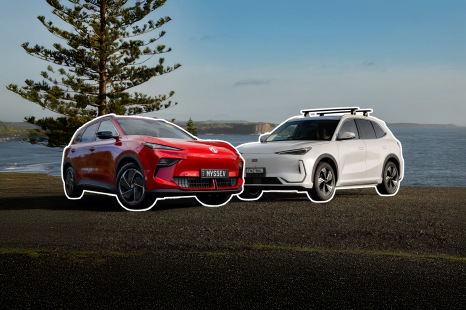

Andrew Maclean
2025 MG S5 EV Essence vs Geely EX5 Inspire: Spec battle
6 Days Ago

Contributor
Incoming US President Donald Trump is reportedly wasting no time in making changes to the nation’s vehicle policies, with electric vehicles (EVs) in the firing line while autonomous cars are set for greater freedoms.
News agency Reuters reports Mr Trump’s transition team is recommending the axing of the federal tax credit for EVs, worth up to US$7500 (A$11,625), shortly after his inauguration in January.
At present, the incentive is available for EVs built in North America and below certain price points – US$55,000 (A$85,250) for passenger cars, and US$80,000 (A$124,000) for pickups and SUVs – with just 16 models eligible for the full amount.
According to Reuters, this is set to be one part of Mr Trump’s plans to cut off support for EVs and charging stations, which threatens to stagnate or reverse the sales growth of battery-powered vehicles in the nation.
100s of new car deals are available through CarExpert right now. Get the experts on your side and score a great deal. Browse now.
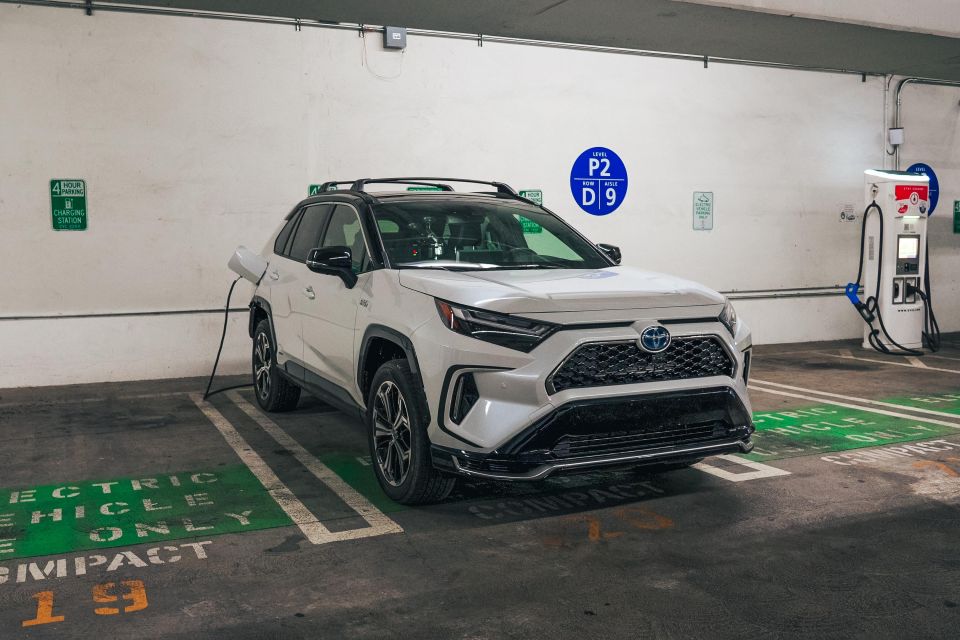
The publication reports the transition team plans to redirect money spent on EV chargers – which had been earmarked to receive US$7.5 billion (A$11.8bn) under Joe Biden – to the “national defense supply chain and critical infrastructure”.
A transition team document seen by Reuters reportedly says EV batteries, minerals and other related components are “critical to defense production”, however EVs themselves and charging stations aren’t.
Mr Trump is also reportedly planning to wind back the US Environmental Protection Agency’s (EPA) emissions and fuel economy standards to 2019 levels, undoing the recent work of the government department.
The EPA has a target for EVs to account for between 35 to 56 per cent of sales on the new vehicle market by 2032, however this is not an enforcement or mandate, rather an outline of what carmakers will need to do to meet wider emissions regulations across their fleets.
This target was previously as high as 67 per cent before being walked back in April this year, following cooling demand for EVs.

In the leadup to the US election, Mr Trump falsely claimed the US government has mandates which will require EV sales to reach 100 per cent, promising to repeal these if he was elected.
Reuters reports that if the 2019 emissions regulations are revived, vehicles will on average be allowed to emit about 25 per cent more than under the 2025 regulations, while using up to 15 per cent more fuel.
Additional proposals include restricting even more “adversarial nations” from receiving EV battery technology from the US; implementing tariffs as a means of negotiating with foreign markets to export EVs to; and removing requirements for US federal agencies to buy EVs by 2027.
Meanwhile, another Reuters report claims Mr Trump’s transition team is looking to repeal a requirement for crashes involving autonomous vehicles to be reported to the National Highway Traffic Safety Administration (NHTSA).
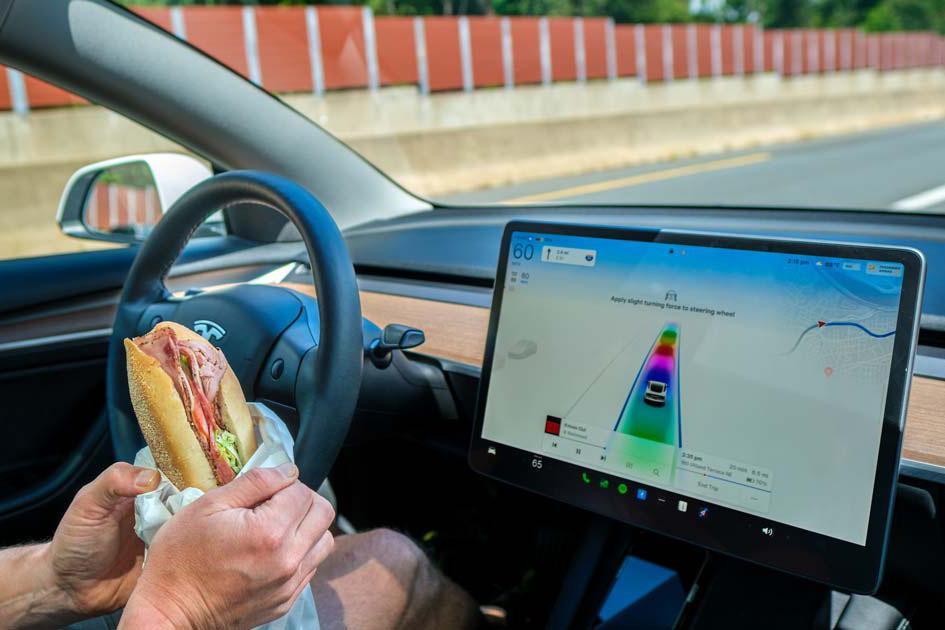
The most vocal opponent of the requirement has been EV specialist Tesla, whose CEO Elon Musk reportedly spent more than US$250 million ($392m) towards Mr Trump’s election campaign.
Autonomous driving has been a major focus of Tesla, not only via the ‘Autopilot’ and ‘Full Self-Driving’ systems in its current model range, but also with its upcoming driverless Cybercab robotaxi.
Under the crash reporting requirement, Tesla has reported more than 1500 incidents to the NHTSA, which has led to the organisation launching multiple investigations against the company.
According to Reuters, from when reporting first started to October 15, 2024, Tesla’s vehicles accounted for 40 out of 45 fatal crashes reported to NHTSA involving semi-autonomous vehicles.
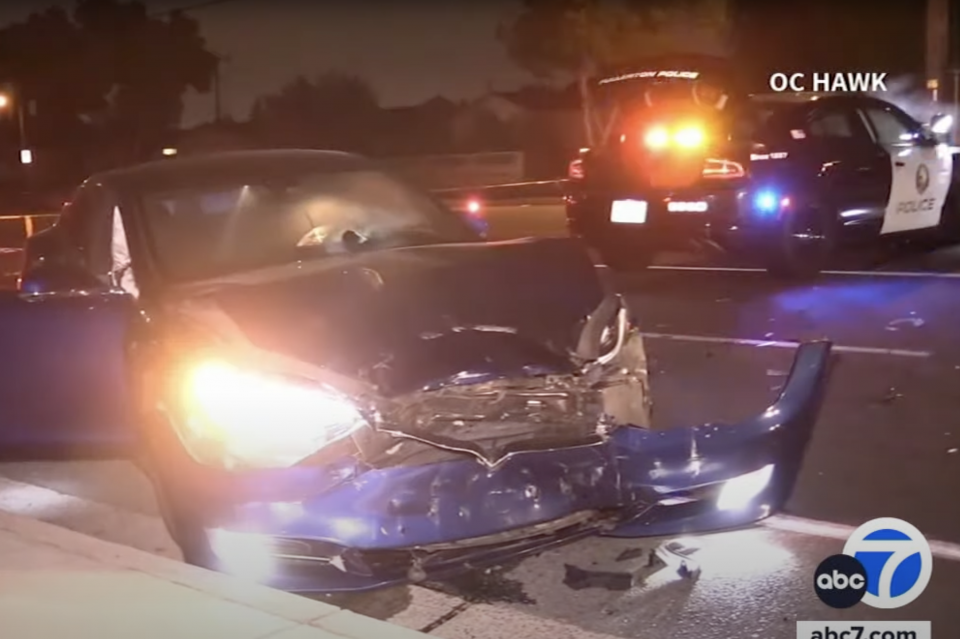
While the potential repeal of the crash reporting requirement would be of benefit to Tesla as it wouldn’t need to jump through as many regulatory hoops, the axing of pro-EV policies may also help the company.
Mr Musk has previously welcomed the prospect of EV tax credits being cut, as it’s more likely to harm Tesla’s potential rivals, which need to trade on their price advantage in an effort to dislodge the EV sales leader.
Following the November election, Tesla share prices have increased to record highs.
MORE: Donald Trump is against everyone having an EV MORE: US Government walks back electric car sales targets MORE: Tesla shares surge to record high after Donald Trump election win
Where expert car reviews meet expert car buying – CarExpert gives you trusted advice, personalised service and real savings on your next new car.
Born and raised in Canberra, Jordan has worked as a full-time automotive journalist since 2021, being one of the most-published automotive news writers in Australia before joining CarExpert in 2024.


Andrew Maclean
6 Days Ago
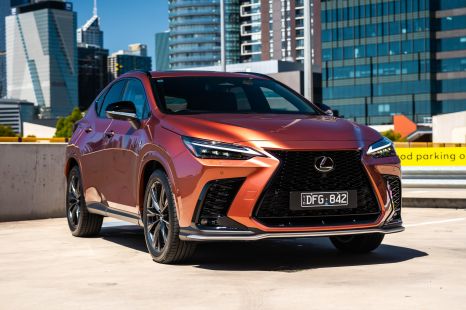

Max Davies
5 Days Ago
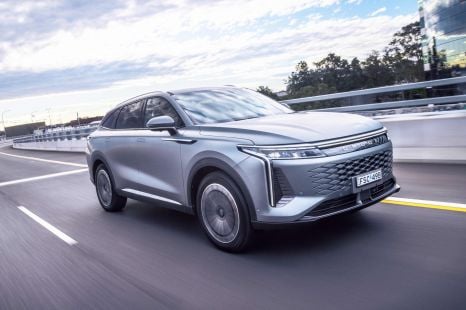

Damion Smy
3 Days Ago
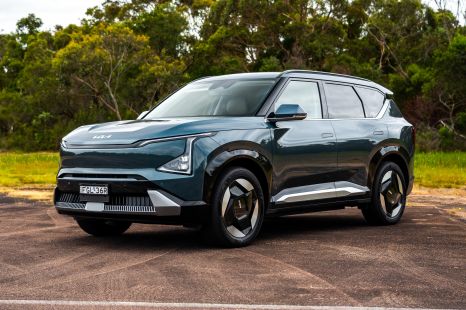

James Wong
3 Days Ago


Angus MacKenzie
1 Day Ago
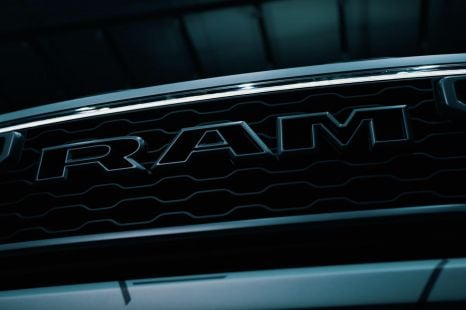

Derek Fung
6 Hours Ago